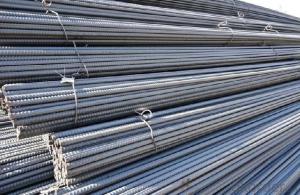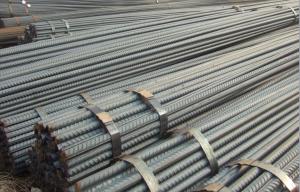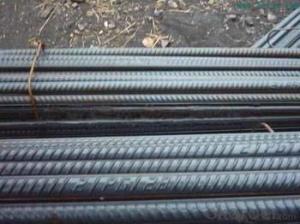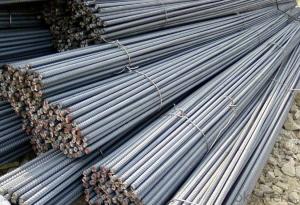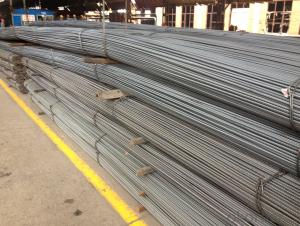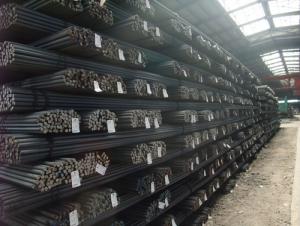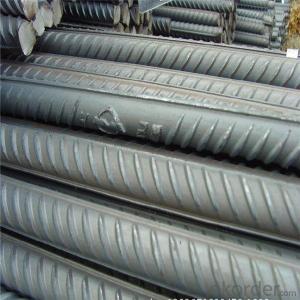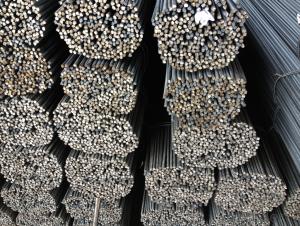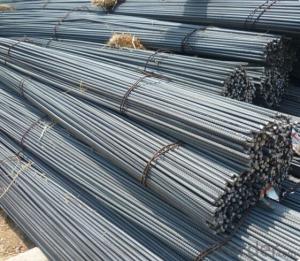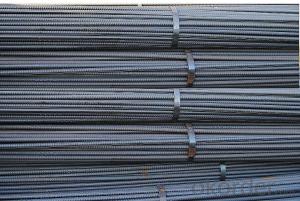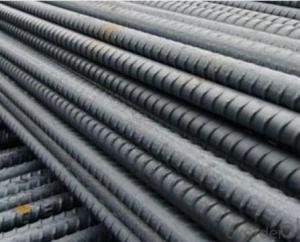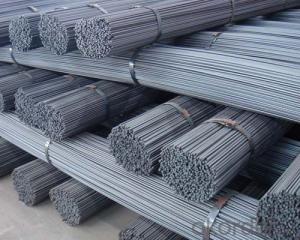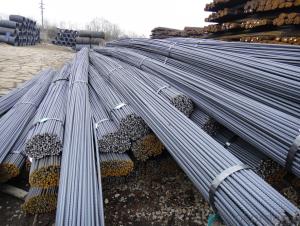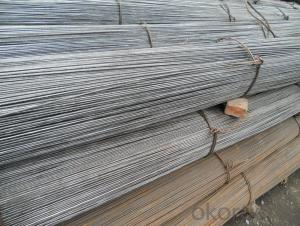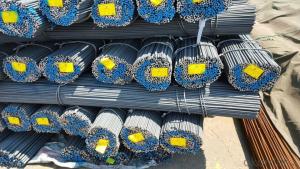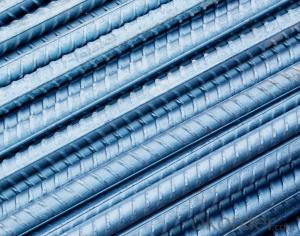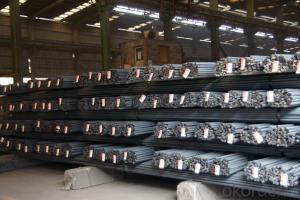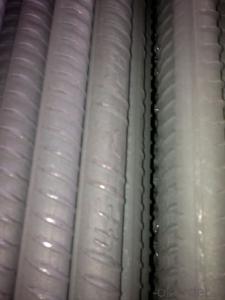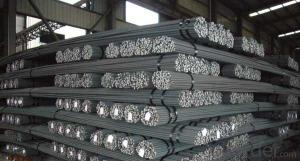All Categories
- - Steel Wire Rod
- - Steel Coils
- - Steel Profiles
- - Steel Pipes
- - Stainless Steel
- - Tinplate
- - Special Steel
- - Steel Sheets
- - Steel Rebars
- - Steel Strips
- - Hot Rolled Steel
- - Cold Rolled Steel
- - Pre-painted Steel
- - Seamless Steel Pipe
- - Welded Steel Pipe
- - Hollow Steel Tubes
- - Galvanized Pipe
- - Stainless Steel Coil
- - Stainless Steel Sheet
- - Stainless Steel Plate
- - Stainless Steel Strips
- - Electrolytic Tinplate Coil
- - Electrolytic Tinplate Sheet
- - Stainless Steel Rebars
- - Solar Panels
- - Solar Water Heater
- - Solar Related Products
- - Solar Inverter
- - Solar Cells
- - Solar Light
- - Solar Energy Systems
- - Solar Controllers
- - Solar Mounting System
- - Solar Pump
- - Solar Chargers
- - Fiberglass Chopped Strand
- - Fiberglass Mesh Cloth
- - Composite Pipes
- - FRP Pultrusion Profiles
- - Fiberglass Mat Tissue
- - Fiberglass Fabrics
- - Fiberglass Mesh
- - Composite Tank
- - Fiberglass Mesh tape
- - Polymer
- - FRP Roofing Panel
- - Fiberglass Roving
- - Monolithic Refractories
- - Ceramic Fiber Products
- - Refractory Bricks
- - Raw Materials For Refractory
- - Suspended Platform
- - Cranes
- - Concrete Machinery
- - Earthmoving Machinery
- - Building Hoist
- - Road Building Machinery
- - Plastic Pipe Fittings
- - Plastic Tubes
- - Plastic Sheets
- - Agricultural Plastic Products
- - Plastic Nets
 All Categories
All Categories
Q & A
How are steel rebars integrated into the construction of transportation hubs and intermodal terminals?
Steel rebars are integrated into the construction of transportation hubs and intermodal terminals by being strategically placed within the concrete structures. They serve as reinforcement to enhance the strength and durability of the overall infrastructure, ensuring it can withstand heavy loads and potential stresses caused by vehicular and pedestrian traffic. The rebars are typically arranged in a grid-like pattern and then encased in concrete, creating a robust and stable framework for the transportation hub or terminal.
What is the role of cross ties in steel rebar placement?
The role of cross ties in steel rebar placement is to provide structural support and stability to the concrete structure. They help to hold the rebar in place and prevent it from shifting or moving during the pouring and curing process. Cross ties also help to distribute the load evenly across the rebar, enhancing the overall strength and durability of the concrete structure.
What is the effect of using high-strength steel rebars on the performance of concrete columns?
Using high-strength steel rebars in concrete columns improves their performance significantly. High-strength steel rebars possess greater tensile strength and durability compared to regular steel rebars, allowing the columns to withstand higher loads and resist cracking or failure under extreme conditions. This increased strength also enables the columns to have a smaller cross-sectional area, resulting in more efficient and cost-effective designs. Therefore, the use of high-strength steel rebars enhances the overall structural integrity and performance of concrete columns.
How do you test the bond strength between concrete and steel rebars?
One common method to test the bond strength between concrete and steel rebars is the pull-out test. In this test, a single rebar is embedded in a concrete specimen, and a pulling force is applied to the rebar until it pulls out from the concrete. The force required to cause the bond failure is measured, and it indicates the bond strength between the concrete and rebar. Other tests, such as the bond stress test or the beam test, can also be used to evaluate the bond strength.
Wholesale Steel Rebars from supplier in Kiribati
We understand the unique requirements of the construction industry in Kiribati, and our team of experts is committed to providing you with the right Steel Rebars solutions for your projects. Whether you are in need of standard or customized Steel Rebars, we have a wide range of options to meet your specific needs.
Our sales team is dedicated to offering exceptional customer service and will work closely with you to understand your requirements and provide you with competitive pricing and timely quotations. We believe in building long-term relationships with our clients, and we strive to exceed your expectations with our responsive and reliable services.
Furthermore, our technical support team is available to assist you throughout the entire procurement process. They can provide you with technical guidance, answer any questions you may have, and ensure that you have all the necessary information to make informed decisions.
As a subsidiary of CNBM, one of the world's largest building materials companies, we have access to a vast global network of resources. This enables us to source high-quality Steel Rebars products at competitive prices, ensuring that you receive the best value for your investment.
We have a strong presence in the Kiribati market, and our local knowledge and expertise allow us to navigate any challenges that may arise during the procurement process. We are familiar with local regulations, industry standards, and logistical considerations, enabling us to provide you with efficient and reliable solutions.
At our company, we are committed to the success of your projects. Whether you are involved in residential, commercial, or infrastructure development, we have the expertise and resources to support you. Trust us to be your reliable partner for all your Steel Rebars needs in Kiribati.
Our sales team is dedicated to offering exceptional customer service and will work closely with you to understand your requirements and provide you with competitive pricing and timely quotations. We believe in building long-term relationships with our clients, and we strive to exceed your expectations with our responsive and reliable services.
Furthermore, our technical support team is available to assist you throughout the entire procurement process. They can provide you with technical guidance, answer any questions you may have, and ensure that you have all the necessary information to make informed decisions.
As a subsidiary of CNBM, one of the world's largest building materials companies, we have access to a vast global network of resources. This enables us to source high-quality Steel Rebars products at competitive prices, ensuring that you receive the best value for your investment.
We have a strong presence in the Kiribati market, and our local knowledge and expertise allow us to navigate any challenges that may arise during the procurement process. We are familiar with local regulations, industry standards, and logistical considerations, enabling us to provide you with efficient and reliable solutions.
At our company, we are committed to the success of your projects. Whether you are involved in residential, commercial, or infrastructure development, we have the expertise and resources to support you. Trust us to be your reliable partner for all your Steel Rebars needs in Kiribati.
